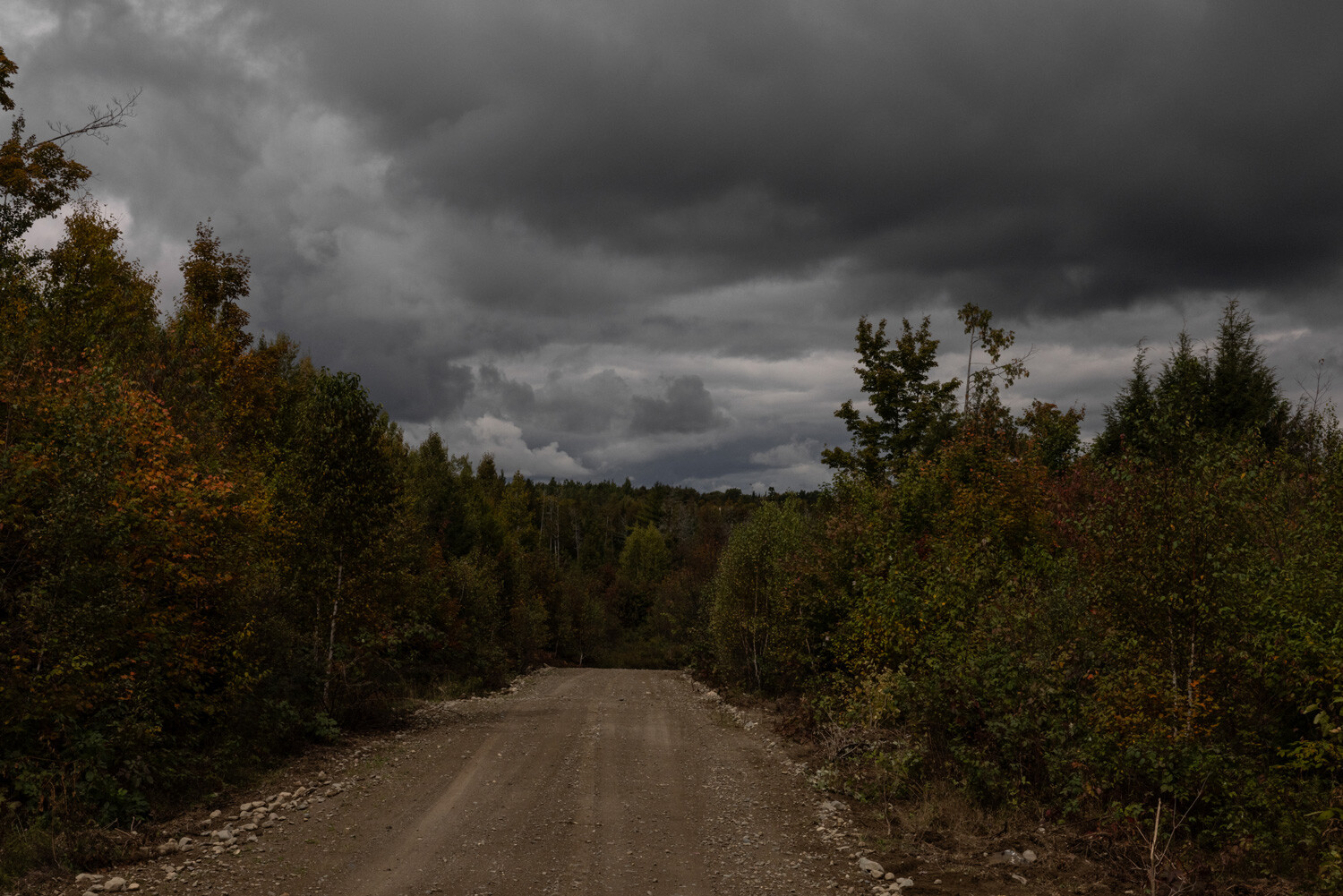The Actual Nazis - #404

Over the summer, my book club read a book set in occupied Amsterdam during the Second World War. It was mostly an unremarkable book: the heroes were actively part of the resistance; the villains were Nazis; the plot was exactly what you'd expect. In it, no Nazi sympathizer went unpunished nor did any of the heroes pay the price of resisting the occupying regime. As a result, this historical fiction was entirely ahistorical: the vast majority of actual people went along with the Nazi regime and almost no one actively resisted it. While there are some great stories of heroes resisting the Nazis and hiding Jews, historical reality is far more grim: 75% of Dutch Jews died in the holocaust.
What has to happen for three-quarters of Jews to die? Most people not only didn't resist the regime: they either tacitly supported or outright collaborated with the occupying Nazis. While any author would rather tell a story of the surviving quarter of Jews, to only tell such stories deludes us about history. These books do us the disservice of avoiding the moral problem of the choice most people made.
We'd all like to think we'd be the heroes of history: marching with Dr. King on the bridge, standing with Wilberforce or Bonhoeffer, and supporting Susan B. Anthony. But what makes these people heroes is how they stood alone, against the prevailing opinions, and how for huge chunks of their work, they were unsuccessful. A moral hero isn't part of the majority—prophets oppose the prevailing opinion. Anthony died decades before the suffrage; Bonhoeffer was executed by the regime; King's assassination made nonviolence seem untenable. While we'd like to think we would be or support these moral heroes, the numbers say we would not. Most of the people at the time, including the "good" ones, didn't support or tacitly opposed their efforts for justice. If we can put aside knowing how things turned out, what makes us think we'd all be any different than the people at the time? We're misled if we all think we would've been part of the righteous 1%.
In the reading this week, we have a wild story from the boondocks of northern Maine: a nationally-known neo-Nazi moved there and the folks drove him out. They went further, cancelling the people who stuck up for him. Almost 100 years on, even the most ornery, independent people know what to do with Nazis. I don't know why we think we would've done the same back in the 1930s: the second piece shows the way that most people faced with living with the Nazis. It's not nearly the picture as you'd want to see nor the one painted in most historical fiction; but it's honest. The author realizes that his father directed atrocities and his family either ignored or tacitly continued, to their deaths, to justify their participation in evil. No one was cancelled.
That sort of brutal honesty is what we owe the past and our present.
Today we see all manner of aggressive war-making, anti-semitic politicking and protesting, and uses of state power against various groups. The least good argument is to call the people or countries engaging that sort of thing the worst we've seen since World War II, or fascists, or Hitler. It's probably true that this sort of name-calling isn't accurate and it's definitely true that it's not effective. Not only does it fail to convince anyone of anything, but it is belied by history: the bad side in World War II, the fascists, and even Hitler were all supported by many, many people. And if we lived at the time in those countries, if we were those people, odds are we would have supported evil, too.
Solzhenitsyn comes to mind: "The line between good and evil runs not through states, nor between classes, nor between political parties -- but right through every human heart... This line shifts. Inside us, it oscillates with the years. And even within hearts overwhelmed by evil, one small bridgehead of good is retained. And even in the best of all hearts, there remains... an un-uprooted small corner of evil."
Reading
 The Crash of the Hammer
The Crash of the Hammer
How concerned citizens ran a neo-Nazi out of rural Maine.
 My family and other Nazis
My family and other Nazis
My father did terrible things during the second world war, and my other relatives were equally unrepentant. But it wasn’t until I was in my late 50s that I started to confront this dark past